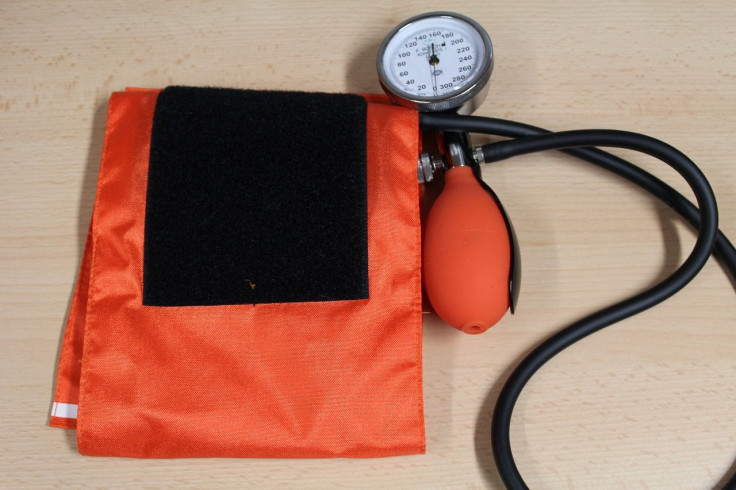High Blood Pressure Symptoms: 3 Signs Considered As Life-Threatening

KEY POINTS
- High blood pressure could lead to serious health complications
- There are symptoms that can be managed, but there are also symptoms that would require you to be more vigilant
- Know the three life-threatening symptoms of high blood pressure that require immediate attention
High blood pressure is a condition that could leave you with a host of complications. If you fail to notice the symptoms as they appear. There are symptoms that are considered mild, but there are also symptoms that are already regarded as life-threatening. When your symptoms are of the latter, treatment becomes paramount.
3 Life-Threatening Symptoms
High-blood pressure could present mild symptoms, but there are three symptoms that could have you running to your doctor in the wee hours of the morning or seeking the hospital’s emergency room. These symptoms may not occur often, but when they do, better be prepared.
The first life-threatening high blood pressure symptom is severe headaches. According to Mayo Clinic, you may not even experience a headache until it is dangerous to your health.
Another life-threatening symptom is experiencing shortness of breath. Again, the NHS emphasizes that such a severe symptom will not happen if the condition can still be controlled.
Lastly, if you experience nosebleeds, and yet it would seem that there are no other health issues involved, then it is possible that it is a result of high blood pressure.
Dangerous Levels
According to the American Heart Association, evidence has it that high blood pressure will not cause a headache or nosebleed, with the only exception is if the reading is 180/120mmHg or higher. Stressing the point of life-threatening symptoms, it explained that if the blood pressure is high and you suffer from a nosebleed or a headache, make sure that you wait for 5 minutes first then retest.
Take note that if your reading will remain on the 180/120mmHg or if you’re in the UK, high blood pressure would be at 140/90mmHg. A higher reading of 150/90 when you’re already 80 and above would also require immediate medical attention.
The Ideal Blood Pressure
So what is the ideal blood pressure? If you have tested your blood pressure and you got a reading of 90/60mmHg or 120/80mmHg, then you have normal blood pressure.
You can either visit your doctor to have your blood pressure checked, or you could also turn to home blood pressure machine. The latter option must ideally come after a checkup. Consulting your doctor regarding your blood pressure will always be the most prudent option.
© Copyright IBTimes 2025. All rights reserved.





















